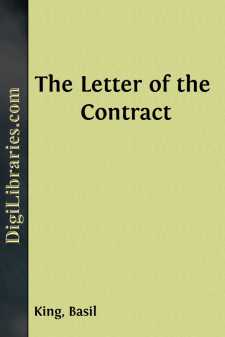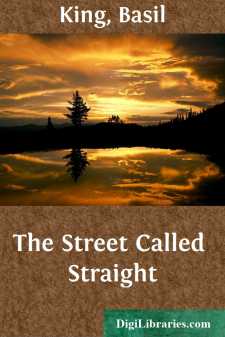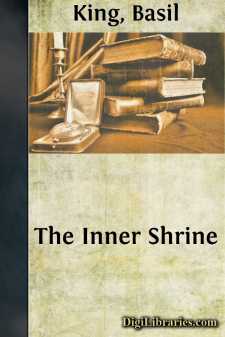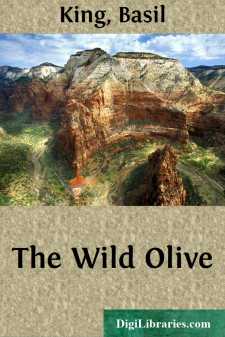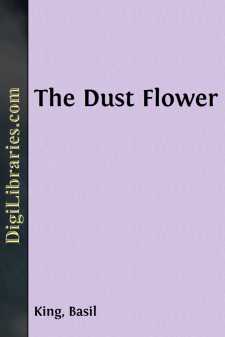Categories
- Antiques & Collectibles 13
- Architecture 36
- Art 48
- Bibles 22
- Biography & Autobiography 813
- Body, Mind & Spirit 142
- Business & Economics 28
- Children's Books 13
- Children's Fiction 10
- Computers 4
- Cooking 94
- Crafts & Hobbies 4
- Drama 346
- Education 46
- Family & Relationships 57
- Fiction 11828
- Games 19
- Gardening 17
- Health & Fitness 34
- History 1377
- House & Home 1
- Humor 147
- Juvenile Fiction 1873
- Juvenile Nonfiction 202
- Language Arts & Disciplines 88
- Law 16
- Literary Collections 686
- Literary Criticism 179
- Mathematics 13
- Medical 41
- Music 40
- Nature 179
- Non-Classifiable 1768
- Performing Arts 7
- Periodicals 1453
- Philosophy 64
- Photography 2
- Poetry 896
- Political Science 203
- Psychology 42
- Reference 154
- Religion 513
- Science 126
- Self-Help 84
- Social Science 81
- Sports & Recreation 34
- Study Aids 3
- Technology & Engineering 59
- Transportation 23
- Travel 463
- True Crime 29
Basil King
Basil King was a Canadian-born clergyman and writer who gained fame for his novels and spiritual writings in the early 20th century. Born in 1859 in Charlottetown, Prince Edward Island, he initially pursued a career in the church before turning to literature. King's works often explored themes of faith, morality, and the human spirit, with his most notable novel being "The Inner Shrine" (1909), which became a bestseller. Despite facing health challenges that led to partial blindness, King continued to write prolifically until his death in 1928.
Author's Books:
Sort by:
by:
Basil King
TRANSGRESSION It was strange to think that if, on finishing her coffee in her room, she had looked in on the children, as she generally did, instead of going down to the drawing-room to write a note, her whole life might have been different. "Why didn't I?" was the question she often asked herself in the succeeding years, only to follow it with the reflection: "But perhaps it would...
more...
by:
Basil King
THE STREET CALLED STRAIGHT s a matter of fact, Davenant was under no illusions concerning the quality of the welcome his hostess was according him, though he found a certain pleasure in being once more in her company. It was not a keen pleasure, but neither was it an embarrassing one; it was exactly what he supposed it would be in case they ever met again—a blending on his part of curiosity,...
more...
by:
Basil King
THE INNER SHRINE I Though she had counted the strokes of every hour since midnight, Mrs. Eveleth had no thought of going to bed. When she was not sitting bolt upright, indifferent to comfort, in one of the stiff-backed, gilded chairs, she was limping, with the aid of her cane, up and down the long suite of salons, listening for the sound of wheels. She knew that George and Diane would be surprised to...
more...
by:
Basil King
I Finding himself in the level wood-road, whose open aisle drew a long, straight streak across the sky, still luminous with the late-lingering Adirondack twilight, the tall young fugitive, hatless, coatless, and barefooted, paused a minute for reflection. As he paused, he listened; but all distinctiveness of sound was lost in the play of the wind, up hill and down dale, through chasm and over crag, in...
more...
by:
Basil King
Chapter I It is not often that you see a man tear his hair, but this is exactly what Rashleigh Allerton did. He tore it, first, because of being under the stress of great agitation, and second, because he had it to tear—a thick, black shock with a tendency to part in the middle, but brushed carefully to one side. Seated on the extreme edge of one of Miss Walbrook’s strong, slender armchairs, his...
more...


